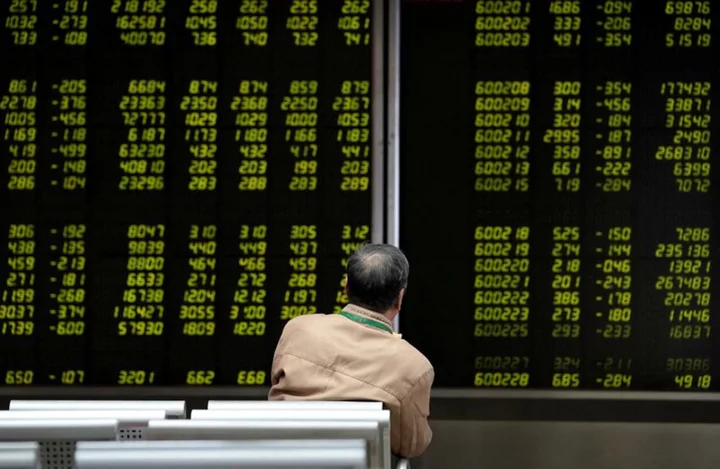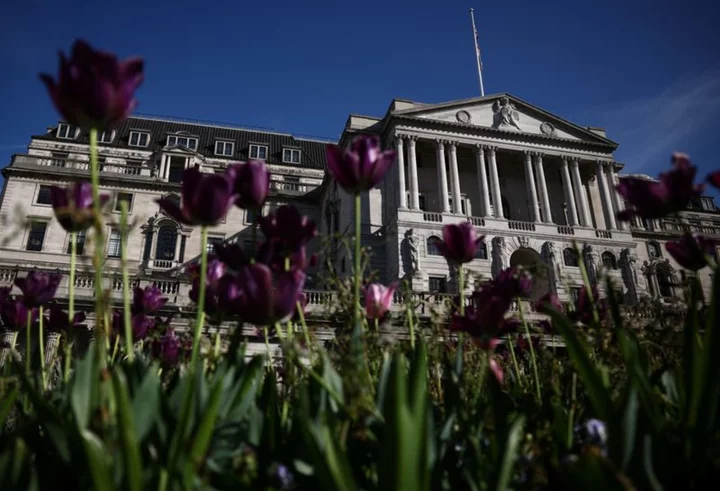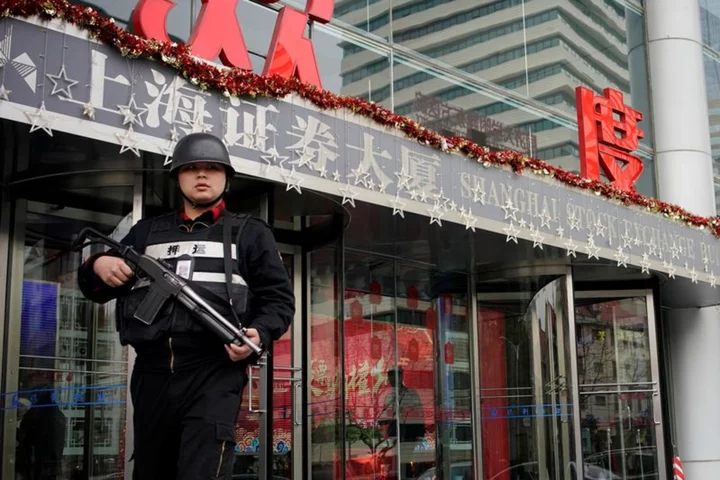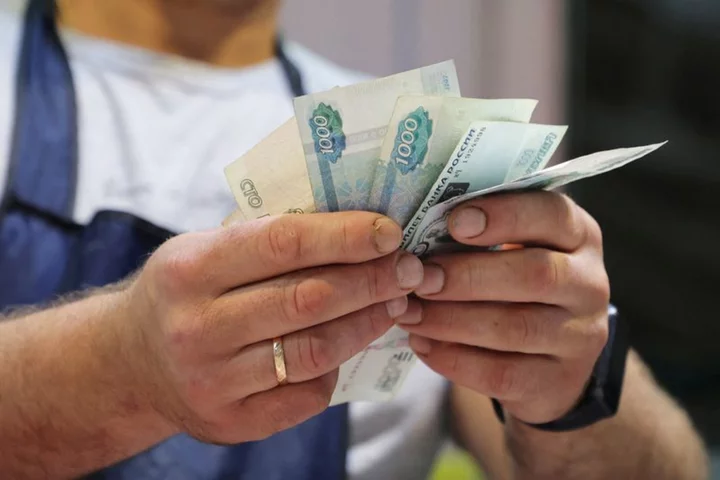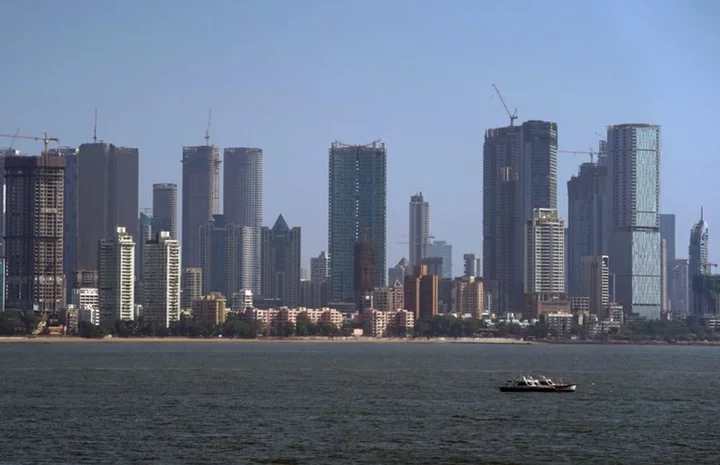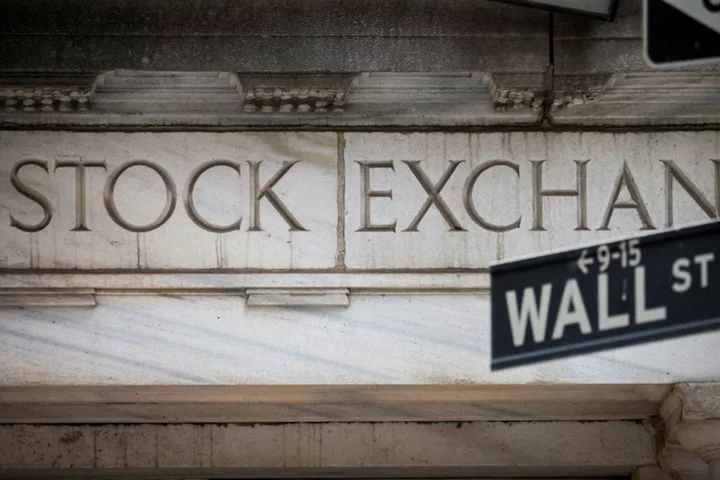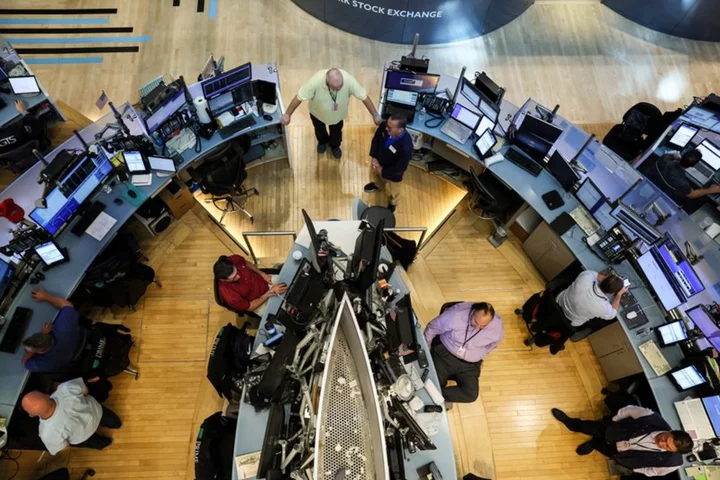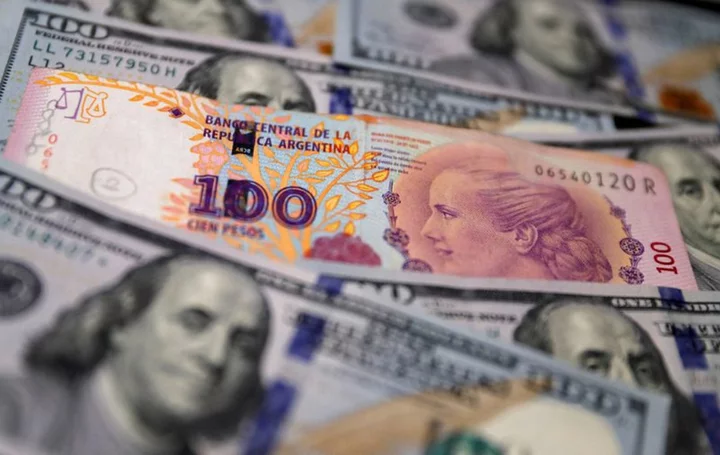By Anisha Sircar
Global asset manager Invesco is overweight on Chinese assets in its Asian funds and adding exposure to Hong Kong's beaten-down real estate sector where dividend yields are lucrative, according to one of its Asian portfolio managers.
The $2.5 billion Invesco Asia Equity fund grew its Hong Kong and China position over the year, while taking profits from a successful bet on Indian equities, Singapore-based fund manager Fiona Yang, who helps manage the fund, said.
"We see a lot of immensely attractive, single-stock investing opportunities in China, even with a much weaker macro backdrop," Yang said.
That is in spite of heavy foreign selling as China's post-COVID recovery has disappointed and sentiment has soured. The Atlanta-headquartered firm's move shows at least some big foreign investors are turning positive on the outlook.
"With investor expectations much lower as compared to the beginning of 2023, a lot of these portfolio companies that we have in China can out-deliver the lowered expectation," Yang said in an interview.
"Even if the market doesn't re-rate, which we certainly hope to see, the share price should move together with the earnings delivery."
Holdings data published on the Invesco website shows an allocation of about 42% of the fund to Hong Kong and China companies, against a benchmark weighting of roughly 40%.
The proportion of the fund invested in companies such as Chinese e-commerce firm JD.com or gaming company Netease has increased so far this year, the data shows.
Hong Kong's property sector is another prospect for income, Yang said, since share prices for Real Estate Investment Trusts (REITs) have fallen far enough to push dividend yields to the 7% to 8% range.
"If the interest rate does come down at some point, then we have additional upside with valuation," she said.
(Reporting by Anisha Sircar in Bengaluru; Editing by Tom Westbrook and Tomasz Janowski)

